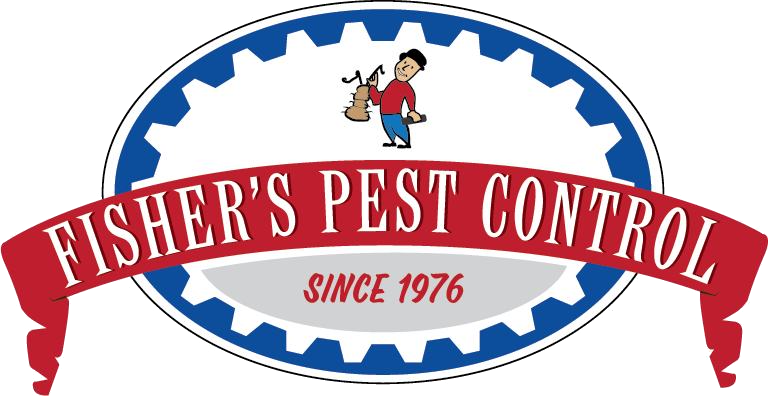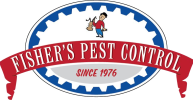When tackling pest problems around your home, you’re left with various items that need proper handling afterward. What many people don’t realize is that even empty containers can pose hazards if not handled properly. This guide provides straightforward advice for managing these byproducts safely.

Understanding What You Have
The first step in proper disposal is identifying exactly what you’re dealing with. Products used for pest control typically fall into two categories:
- Household products are those you can purchase at garden centers or hardware stores for home use. These usually have “Domestic” marked on their label.
- Professional-grade products are stronger, more concentrated products used by licensed pest control operators. These typically have words like “Commercial,” “Agricultural,” “Industrial,” or “Restricted” on their labels.
Each type requires different disposal methods. The product label provides specific instructions for safe disposal, so always check there first.
Leftover Products – What Are Your Options?
When you have unused products for pest control, you have several options:
- Use it up: The best option is to use the product as directed on the label for its intended purpose. Apply it according to instructions to address the pest issue it was designed for.
- Share it: If you have a neighbor with a similar pest problem, consider giving them your unused product. Make sure it’s in the original container with the label intact, and verify they can understand and follow the directions.
- Return it: Some manufacturers or retailers will take back unused products. Call ahead to find out if this is an option.
- Participate in collection events: Many communities host household hazardous waste collection events. These provide a safe disposal option for many household products. Contact your local waste management authority to find out about upcoming events in your area.
- Store until disposal: If none of these options work, store the product safely until you can dispose of it properly. Keep it in its original container in a secure location away from children, pets, food, and water.
Never pour leftover products down drains, toilets, or storm sewers. This can harm water treatment systems and potentially contaminate local waterways, harming fish and wildlife.
Managing Equipment Rinse Water
When cleaning equipment used to prevent pest infestations, the rinse water requires proper handling:
- Apply to treated area: If possible, use the rinse water to treat an area where the product was intended to be used. Make sure not to exceed application rates specified on the label.
- Collect and reuse: Capture rinse water in a container and use it when mixing your next batch.
- Avoid sensitive areas: Keep rinse water away from drains, waterways, and areas where children or pets play.
- Be mindful of quantity: Use only enough water needed for adequate cleaning to minimize the amount of rinse water created.
Handling Spills
Accidents happen. If you spill pest control products, take these steps:
- Protect yourself: Wear gloves and other protective gear when cleaning up spills.
- Control the source: If a container is leaking, place it in a larger container or position it so the leak is facing upward.
- Contain the spill: Use an absorbent material like cat litter, sand, or commercial absorbents to surround and soak up the spill.
- Clean thoroughly: Collect all contaminated material and place it in a secure container.
- Dispose properly: Treat cleanup materials as you would the product itself—follow label instructions for disposal.
For large spills or emergencies, contact your local fire department or environmental agency for assistance.
Disposing of Pest Carcasses
When dealing with dead pests, particularly rodents:
- Handle with care: Use gloves when handling dead pests to prevent potential disease transmission.
- Burial option: Bury small animals at an appropriate depth to prevent other animals from digging them up.
- Trash disposal: Double-bag the carcass and place it in your regular household trash if your local regulations allow it.
- Special considerations: If the animal died as a result of pest control products, check the label for specific disposal instructions. Some communities have specific guidelines for disposing of treated animal remains.
Staying Informed About Disposal Regulations
Disposal requirements can change over time:
- Check regularly: Visit your local environmental agency’s website for updates on disposal requirements.
- Consult professionals: When hiring pest control services, ask about their disposal practices and whether they’ll remove any leftovers.
- Join community efforts: Participate in local environmental initiatives that promote safe disposal practices.
Final Thoughts
Taking the time to dispose of pest control byproducts properly shows respect for both your immediate environment and the wider ecosystem. While it may seem easier to simply toss everything in the trash, the extra steps outlined here make a significant difference in protecting water resources, wildlife, and human health.
By following these guidelines, you’ll help ensure that your pest management efforts solve problems without creating new ones.
Remember that when it comes to handling these materials, the few extra minutes spent on proper disposal provide long-lasting benefits for everyone.If you don’t want to go through all this trouble, you can pick up your phone and work with pest experts who will take care of pests and proper pest control product disposal for you.





